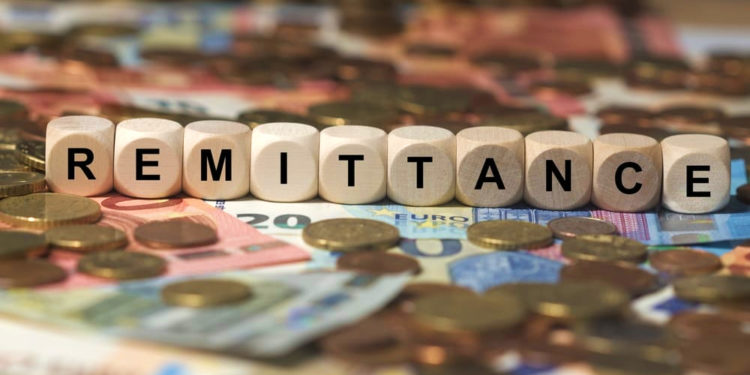Diaspora remittances have become one of Kenya’s most significant sources of foreign exchange. As of January 2025, total remittances stand at USD 427.4 million, with USD 243.3 million coming from North America alone. These funds sustain millions of families and contribute to investments in education, healthcare, and businesses. In fact, remittances now surpass traditional revenue sources such as tourism, tea, and horticulture. However, growing economic and political pressures in key remittance-sending countries could soon threaten these inflows.
A major risk is the introduction of taxes on outbound money transfers. Some governments are considering such measures as a way to generate revenue and reduce capital outflows. If implemented, these taxes would make sending money more expensive, discouraging the diaspora from remitting funds or reducing the amounts sent. In addition, financial institutions may introduce stricter compliance measures or higher transfer fees, further straining remittance flows. If these trends continue, Kenyan households and the economy will face significant financial pressure.
The Kenyan government cannot afford to be caught off guard. Preparation must begin now. First, Kenya must strengthen its financial systems to ensure that all remittances flow through formal banking channels rather than informal networks. Lowering transaction costs, expanding mobile banking infrastructure, and offering incentives for formal remittance channels will help retain more of these funds within the economy.
Second, Kenya must diversify its external financial sources. With remittances at risk, the country must accelerate investment in local production and regional trade. Encouraging foreign investment in infrastructure, technology, and industry through tax incentives and diaspora bonds will create a more resilient economy.
Finally, diplomatic engagement is essential. Kenya must proactively negotiate with key remittance-sending countries to protect these financial flows. Working through regional blocs such as the African Union and the East African Community can strengthen Kenya’s voice in global financial discussions and safeguard remittance channels.
The threat of remittance taxation is real. Kenya must act now to protect this vital financial lifeline before millions of citizens feel the impact.















